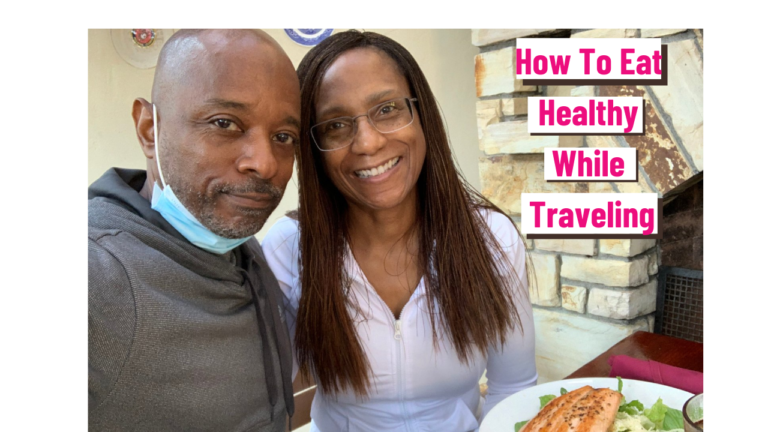What Are Your Food Triggers?
Food Triggers
Food triggers are both internal and external in origin. Recognizing them can help you guard against addictive eating. When you get that urge to grab something to eat in between your meal times, stop and examine your feelings. Ask yourself, “Why do I want to eat right now?”
Internal Triggers
Emotional eating was a big part of why I ate addictively. Stress is one of my triggers that I need to watch out for. Throughout the years, I have used junk food to help calm my stress level down. I’d snack on things like a bag of M&M’s, cookies or a chocolate candy bar to help me through stressful situations. Then, after the challenging situations were over, I would de-stress by having a celebratory meal, like a hamburger, a big bag of fries and a “diet” coke. I think I was trying to save a few calories by drinking a “diet” coke.
Believe it or not, sleepiness was also one of my triggers. Instead of going straight to bed, I’d go to the kitchen to get something to eat. I couldn’t figure out why I kept doing that! I thought it was peculiar, but I found out, through my recovery journey, that I wanted to feel comforted before I went to sleep.
With triggers, I have learned to quickly arrest it by examining what I am feeling at that very moment. I’ve learned that I have several triggers. Sometimes, I want to eat because I am feeling frustrated, anxious, or I’m just bored. This self-examination helps me to break the habit of reaching for food to stuff down my feelings and it allows me to feel my feelings and work through them.
Then, take the next right action, by using the following recovery tools to stay on track: Pray and ask God for strength, call someone and share what I am feeling, go for a walk or write in my journal. The good thing about feelings is that they can change.
External Triggers
 My external food triggers range from chocolates advertised on Valentine’s Day, food commercials, the smell of freshly baked cookies, cinnamon rolls, and icecream.
My external food triggers range from chocolates advertised on Valentine’s Day, food commercials, the smell of freshly baked cookies, cinnamon rolls, and icecream.
With external triggers, there are several positive choices that I can make. If it’s a food commercial, I can change the channel. If someone offers me a piece of chocolate, I will automatically say, “No thank you.” However, since chocolate is a trigger for me, I will also say to myself, internally, “this is not your food.” By having this internal dialogue, it helps keep me stay steadfast and focused on what’s good for me. The same goes for the freshly baked goods. I tell myself that it smells good, but that’s not my food.
Seven Tools to Help You Work Through Your Triggers
Knowing your food triggers can empower you and help guard you from giving in to cravings. The following list are tools that can help you work through them when they occur:
- Ask God for strength to stay on track
- Identify your internal/external food triggers
- Write your triggers down
- Change the channel when food commercials pop up
- Go for a walk or do some type of exercise
- Sit with your feelings, they won’t last forever
- Call a friend and share what you are feeling
Find out what triggers you to eat. Knowledge of what pulls you toward food can help you avoid a regrettable binge.
I’d like to hear from you. Share with me your food triggers and how you will handle them when they occur.
Cynthia







Sugar is my major food craving, especially difficult around the holidays! I need to just completely withdraw from sugar, but easier said than done!! How am I going to handle it? My daughter and I have a bike challenge for the month of January-maybe I’ll be too busy to crave it!
Hi Colleen, I totally understand when you say the sugar is your major craving. Yes, it is truly harder during the holiday seasons because it’s all around you and people tend to push it on you more. For me, it was serious enough for me to seek support to abstain from it because I couldn’t control my cravings. I kept gaining weight from it and seeking diets to fix me. If you can abstain from sugar on your own, that’s great; but if you can’t, consider getting support through a 12-step group that is free. Let me know if you want to know more about it. I’m always here for you!